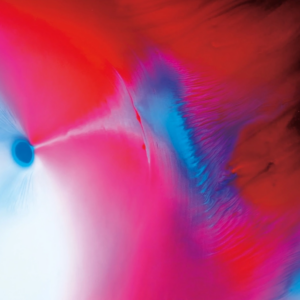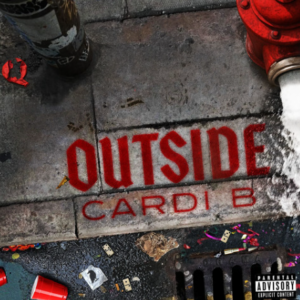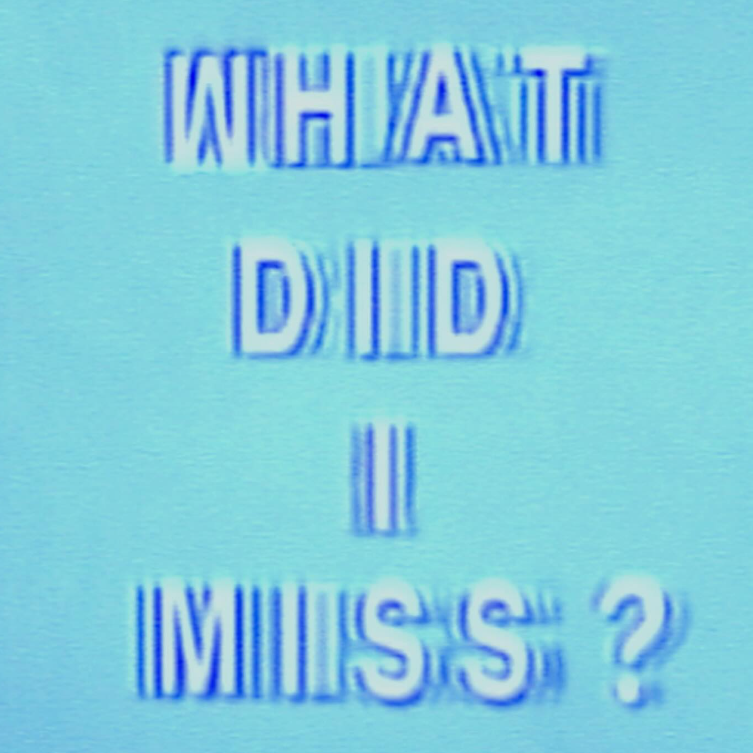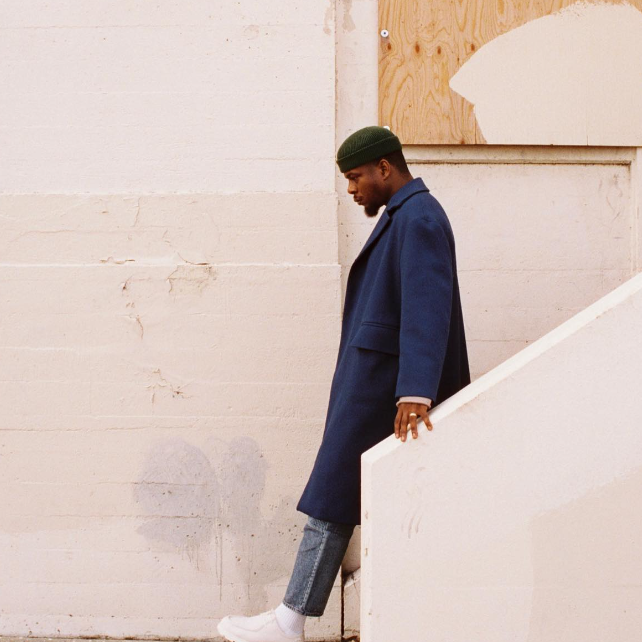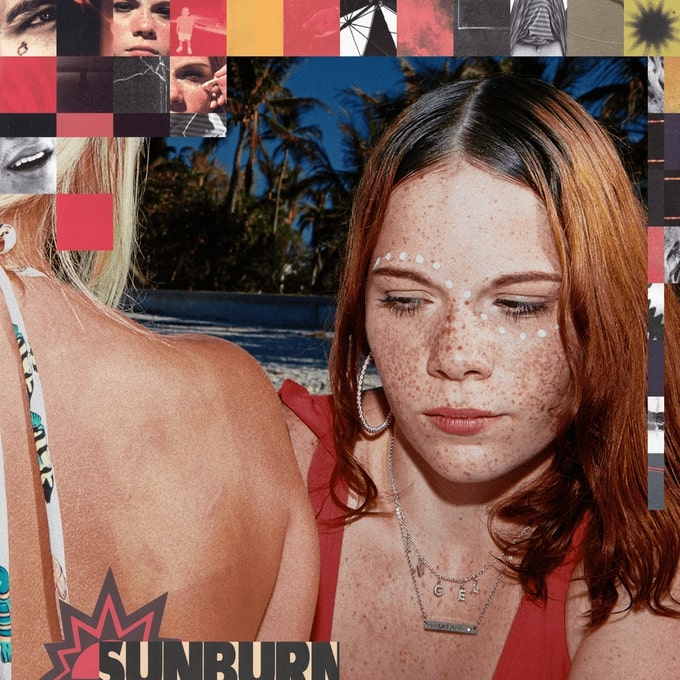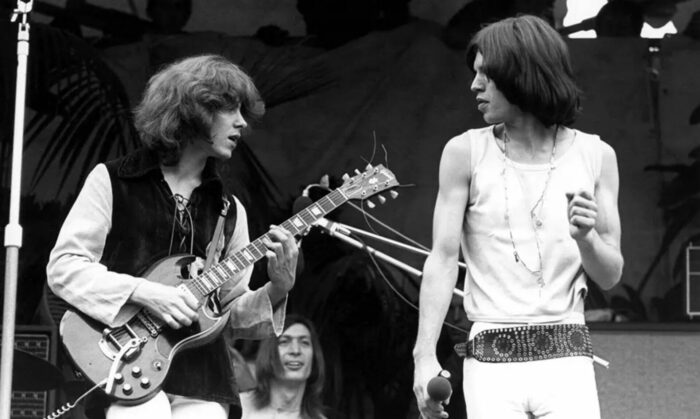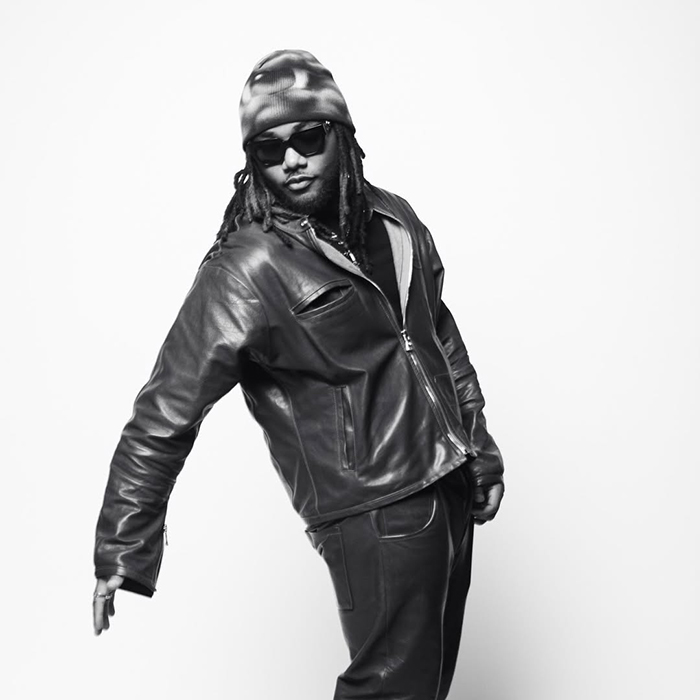Spanish sensation, Rosalía, puts the petal to the metal and adds eight new tracks on her revamped third album MOTOMAMI +. Six of the eight tracks are new to the universe, while “CANDY” gets a remix with Chencho Corleone, and fans get a live recording of “LA FAMA” from Palau Sant Jordi.
Later this month, Rosalía will kick off the North American leg of her “MOTOMAMI WORLD TOUR.” Tickets are still available here.

“MOTOMAMI +” by Rosalía
The March release of “MOTOMAMI” sees an additional eight tracks thanks to “MOTOMAMI +,” released on Friday. The wildly successful “DESPECHÁ” gives the record one more bit of sun before autumn. Or before she begins another leg of touring. “There are many ways to be Despechá in this theme; it is from the freeness or the craziness, moving without reservations or regrets,” Rosalía said in a translated statement. Other tracks like “LAX” give a subtle instrumental, vocal forward performance that differs from the album experience; although dynamic, it fails to stand out.
The standout tracks from the deluxe edition have to be “AISLAMIENTO” and “CHIRI.” As most deluxe tracks sound like a watered-down version of their main counterpart, the singer treats hers as main album material. It feels no different than the hard-hitting, staple yet funky songs of “LA COMBI VERSACE” and “CUUUUuuuuuute,” even down to the cute interlude message “Thank Yu :).”
According to @chartdata on Twitter, Rosalía’s ‘MOTOMAMI +’ recently surpassed 1 billion streams on Spotify. It is the first album by a Spanish female artist in history to reach this milestone.
The Problem with Rosalía
Let’s get something straight: nobody is perfect, not even Rosalía. “MOTOMAMI” pushes the bounds of music appreciation to appropriation as her success and popularity are heavily dependent on other cultural music styles. Since projects like Los Angelés and the critically acclaimed El Mal Querer, the white Spaniard found herself tethered to (many) allegations of appropriating Latin culture through using styles like cumbia and reggaeton. For example, while the smash hit “Con Altura” (2019) with J Balvin cemented Rosalía’s place as a reggaetón regular, it earned many side eye-rolls from the Latinx community.
The question of “How can I be freer?“ seems to be the driving force behind “MOTOMAMI,” and its experimental industrial approach is breathtakingly gorgeous. While it’s most likely the best album of 2022, the bare minimum acknowledgment of the music styles used is questionable.
At best, “MOTOMAMI” is a melting pot of many Latin music styles like champeta, reggaeton, and bachata. Then, fuse that with American genres of rap, jazz, and hip-hop. If you’re confused, take a listen to the album’s inspiration playlist— the eclectic jitter will make all the sense: Daddy Yankee, Kendrick Lamar, Kate Bush, and a plethora of smaller Latin artists that don’t have the same worldwide platform that Rosalía has. Although her intentions were in the right place to pay homage, the singer lands in this gray area: the playlist doesn’t so much amplify other artists as it amplifies her intrusion into Latin music.
What do you think of the additional tracks on Rosalía’s “MOTOMAMI +”? Let us know in the comments!

